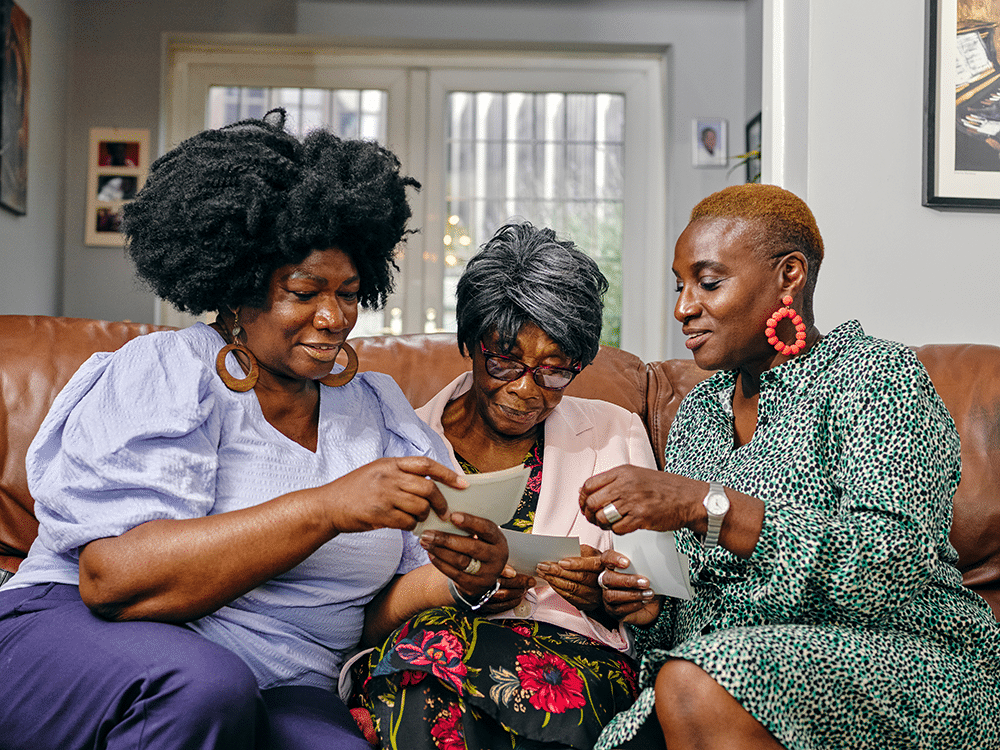The home care industry is a sector of the healthcare continuum poised for continuous growth due to many factors but largely driven by a burgeoning aging population seeking to “age in place.” People seeking care at home are usually doing so for the first time, unaware of the scope of services, cost, insurance coverage, and the interaction of home care providers with others in the healthcare continuum. This article identifies those critical interactions.
Home Healthcare Providers
Medical home healthcare providers offer nursing, therapies, and other clinical sub-specialties. These services are covered (with limits) by Medicare and other health insurance. Home healthcare services are often arranged by a discharge planner at a skilled nursing/rehab facility.
Home care providers are hired to supplement coverage, especially when it is unsafe for someone to be alone for extended periods. Aides working for home healthcare providers generally visit for less than two hours, a few times a week, and the timing of those visits can vary. Because of this, home care is often put in place, even when the other caregiver is working.
Communication between the management of both care providers is paramount, and nurse-to-nurse collaboration is fundamental to positive patient/client outcomes. Home Helpers proudly employs nurses (RNs and LPNs) to supervise and train care staff, manage changing client care needs, and work with other medical professionals involved in clients’ care.
Hospice (and Palliative Care)
Patients on hospice, a covered insurance benefit, often elect to hire home care providers to supplement the direct care offered by hospice on a schedule selected by the client. With hospice patients, the collaboration of the home care nurse with the clinical staff of the hospice provider is central to a positive end-of-life experience. This is why hospice providers often refer quality home care providers to families.
Senior Living Communities
Why might these in-home services be needed in communities where levels of care are provided, such as a CCRC? Residents prefer to remain in their current level of care as long as it is safe. An independent living resident, who is on the cusp of needing personal care, might wish to remain in their unit with private duty care, thus avoiding an upsetting move. Home care is also helpful in a personal care/memory care community. A variety of situations might generate a need for private duty care services, including behaviors or a health setback. One-on-one care might be the best prescription for an enhanced quality of life. Again, effective and continuous communication between the field support staff of the home care provider and the management and clinical staff of the community drives the best outcomes.
Providers with dedicated healthcare professionals in critical field support roles differentiate themselves in the marketplace via their collaborative efforts with other providers across the healthcare continuum.
Choose carefully when selecting a provider. For additional resources, click here to request your copy of our New Jersey and Pennsylvania Resource Guides for seniors.


